September 17th, 2018
Welcome
to “Computing for Molecular Biology 1”
Today
Who
What
Why
How
Who?
I am Andres Aravena
- Assistant Professor at Molecular Biology and Genomics Department
- Mathematical Engineer, U. of Chile
- PhD Informatics, U Rennes 1, France
- PhD Mathematical Modeling, U. of Chile
- not a Biologist
- but an Applied Mathematician who can speak “biologist language”
I come from Chile

world
Chile

chile
17 million people
Spanish colony 500 years ago (so language is Spanish)
Independent Republic 200 years ago
First Latin American country to recognize Turkish republic
Everyday life very similar to Turkey
Chileans like Turkish soap operas
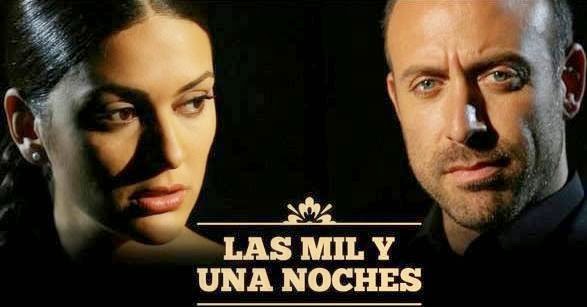
binbirgece
Latin America in Turkey
Foreigners enrich the hosting countries. Just look at the food:
- Corn is from North and South America: maiz
- Tomato is Mexican: tomates
- Potato is from Chile and Peru: patatas
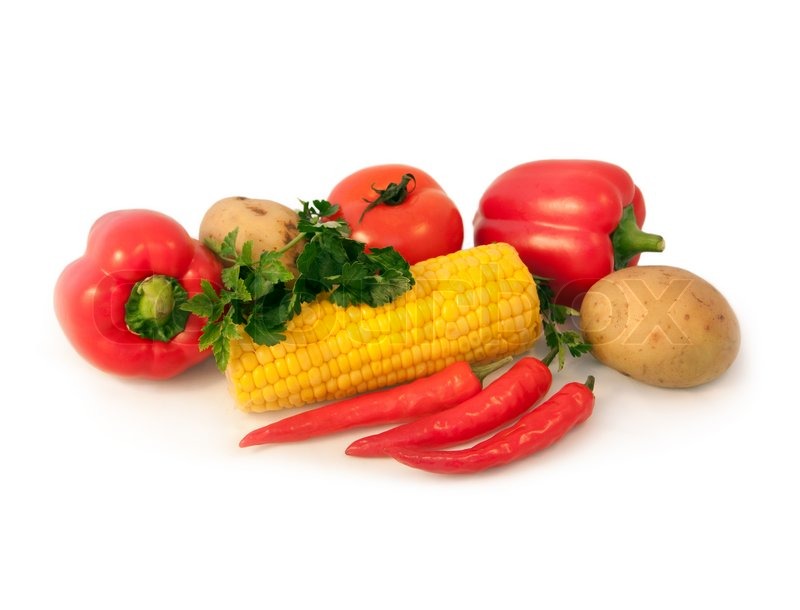
tomato potato corn
Diversity increases opportunities
How?
Course Homepage
Visit anaraven.bitbucket.io/blog/2018/cmb1
Classes will be published there
You must fill the online survey in that page
That will give you access to the course forum
Attendance
By regulation from the Rectory, students need to attend at least 70% of the classes
The attendance book is updated every week and published online
We will have several quizzes and homework during the semester
Why?
Why do I ask “why?”?
This idea is from author Simon Sinek
Search him on Google. It is interesting
Tell me what you think about his ideas
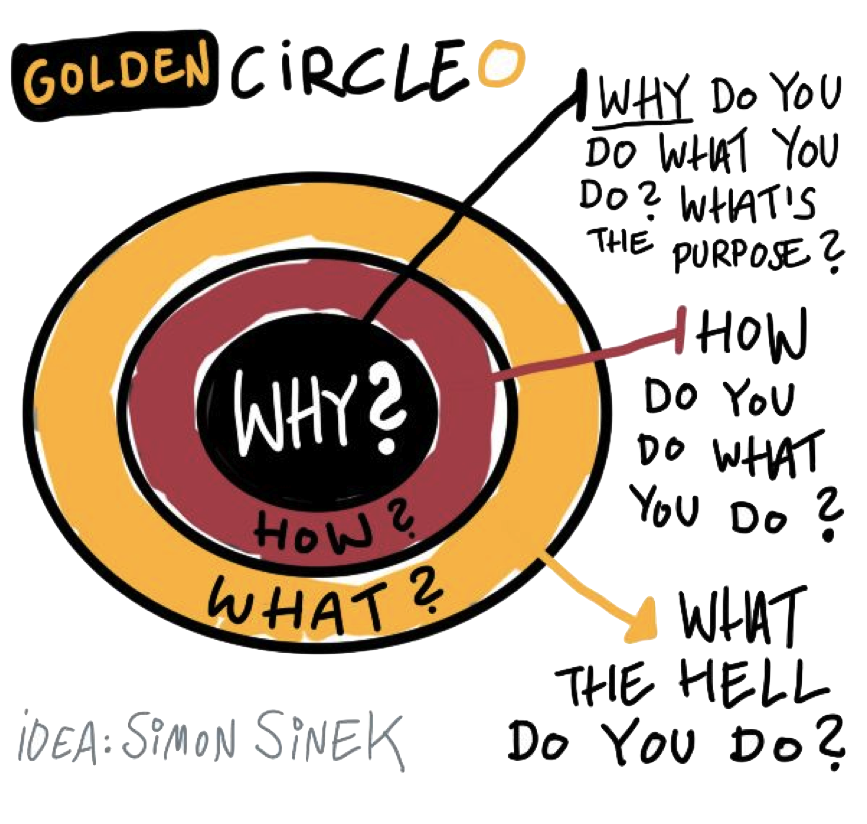
Why are you here?
Why computers?
for Molecular Biology and Genetics
Computers are rule changers
Modern computers were created to solve math equations
Then they were used to handle big databases
They became cheap and found everywhere
They became communication tools
They transformed society and science
How many computers do you use?
- Cellphone
- TV
- Cable decoder
- Microwave oven
- Washing machine
- Car motor
- Metro
- Elevator
- Notebook
Computers transformed
- The banking industry
- The air travel industry
- The manufacturing
- The cars
- The movies
- Science
Four Paradigms of Science
according to Microsoft
1 Empiric
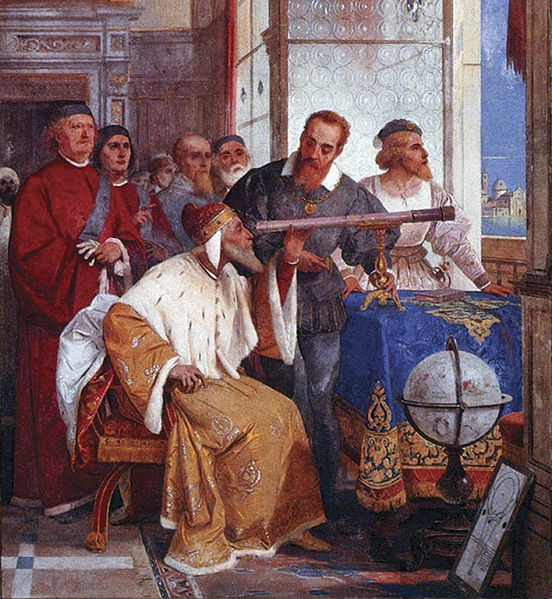
- observation of isolated facts
- description of related facts
- e.g. Botany, naming stars, Arab astronomers, Galileo, Tycho Brahe, Carl Linneaus
2 Theoretical

- Abstract models and theories
- Usually expressed in mathematical formulas
- Correct predictions validate the models
- e.g. Mendel laws of inheritance, Darwin natural selection theory, Kepler law of planet’s motion, Newton’s law of Gravity
3 Simulation Based
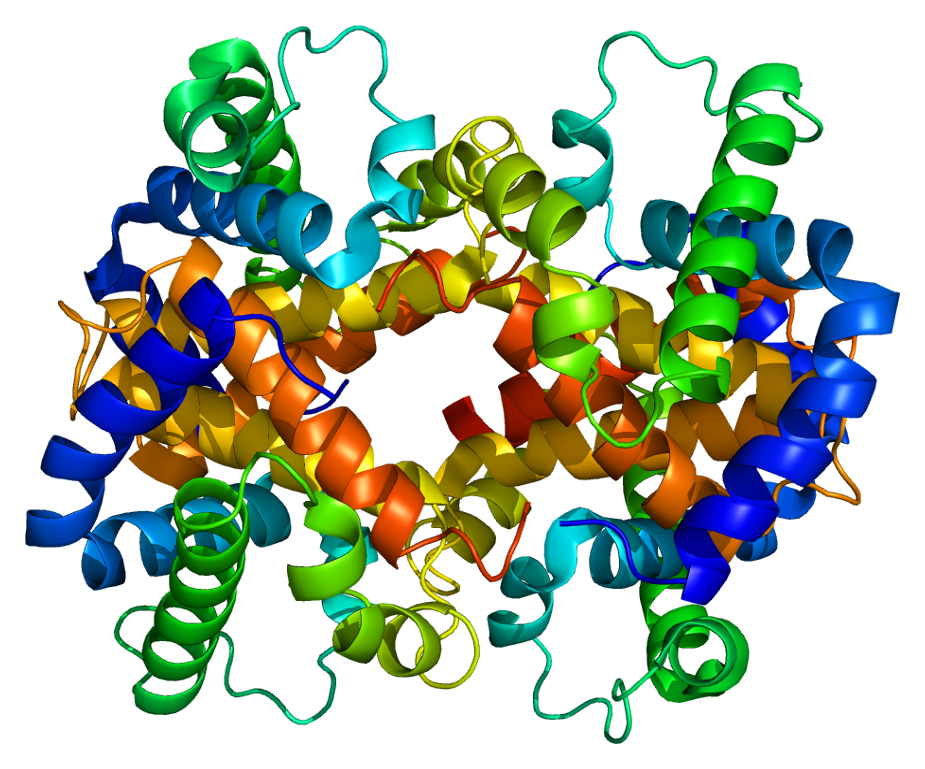
- Models that cannot be expressed in formulas
- Formulas that cannot be solved
- e.g. Protein structure prediction, three body problem, galaxy modeling
- Computational Astronomy, Computational Biology
John Von Neumann
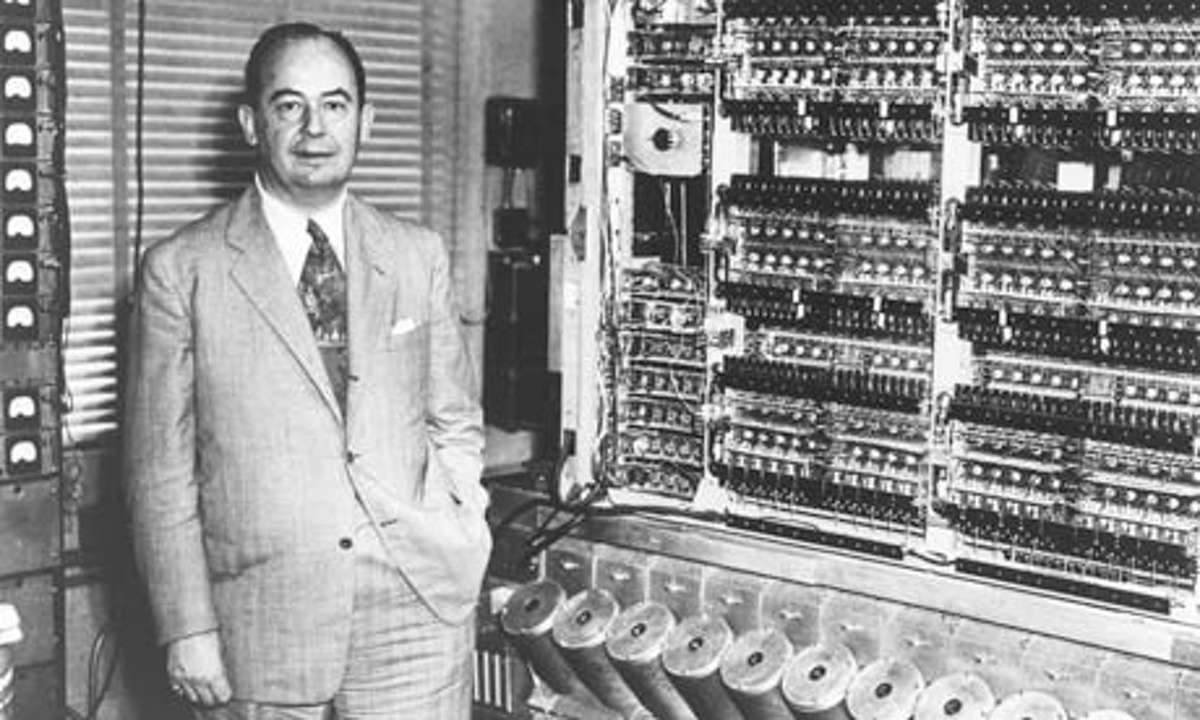
4 Data Based
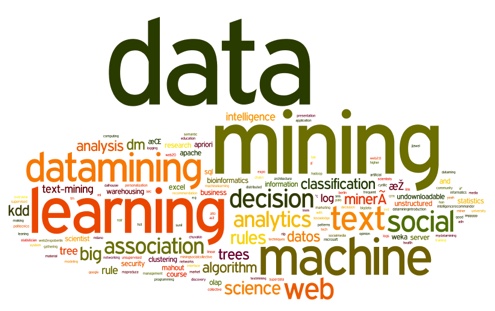
- Discovering patterns hidden in data
- Huge volumes of data
- Complex interactions
- e.g. Bioinformatics, Astroinformatics, Data mining
Computers
What does Computer means?
A computer is a counter
Normally was a person that did calculations
Sometimes with the help of mechanical devices
During the 2nd World War people invented electronic computers
So, computers are devices handling numbers
A Computer
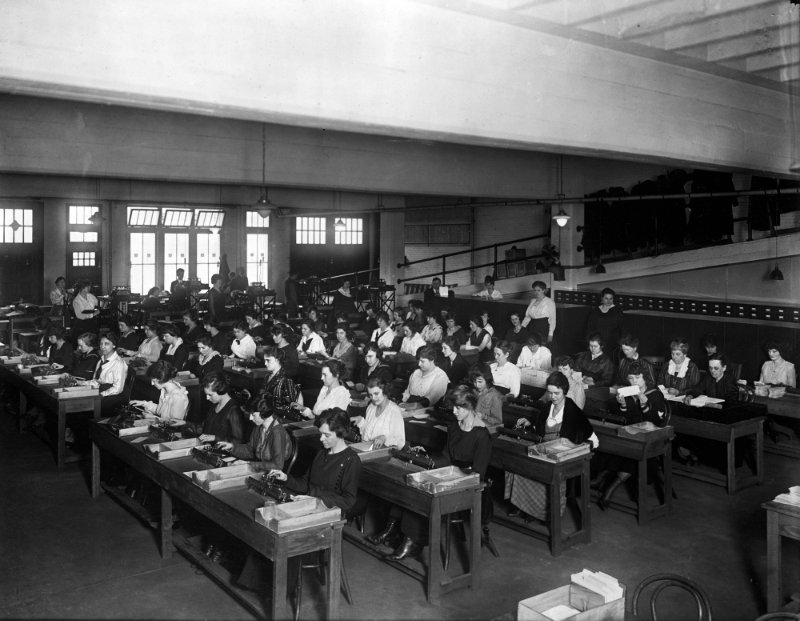
“but I don’t use numbers …”
Don’t worry
Using numbers we can represent other things
In my country kids play this game:
They change vowels A, E, I, O, U by the numbers 1, 2, 3, 4, 5
Then they write H2LL4
Using the same idea we can represent any text
Notice …
… that we have represented sounds by signs for centuries
The key word here is represent
Numbers can represent other things
There are three things in the Universe
- Matter
- Energy
- Information
Information can be put in digital (numeric) form
Numbers can represent a lot of things
- Images
- Audio
- Movies
not yet
- smell
- taste
- tact
What can a modern computer do?
Computers handle numbers
Numbers represent information
Computers can transform and transfer information
So, What is a Computer
- Computer
- (English) counter, calculator
- Ordinateur
- (French) sorter, gives order to data, handles data
- Bilgisayar
- (Turkish) Information/Data counter
Question:
Who invented computers?
What do you do with a computer?
Do you have a computer at home?
What do you use it for?
What can you do with these?
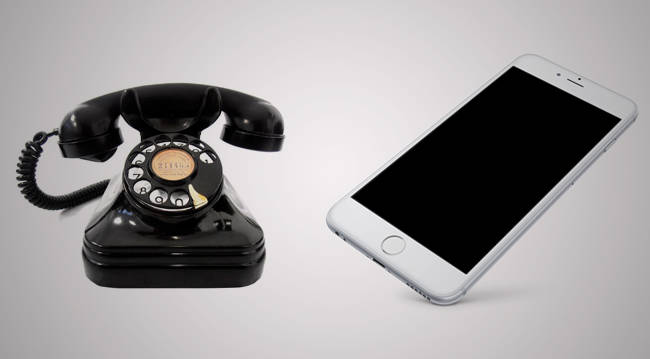
What can a computer do?
- calculate formulas
- solve (some) equations
- store and retrieve huge quantities of data
- find patterns in data
- find data matching a pattern
- transform data in useful ways
- compress data
- move data at low cost without distortion
Parts of a computer
Programs
Many different questions can be solved with the same rules
It is just a matter of changing the program
First electromechanical computers were like us: A sequence of devices, each one feeding the next
Changing the program required physical change of pieces
Stored program
The key step
John Von Neumann realized that the set of steps can be also stored in memory (coded as numbers, obviously)
We only need to include
- a pointer to the current instruction
- a system to decide which arithmetic/logic rule apply
This is called Central Process Unit (CPU)
In summary
What is a computer?
Is a general purpose device that can
- read, process and write numbers
- (and things that can be represented by numbers)
- to and from the memory
- following a program stored also in the memory
- many simple steps
Changing the program changes the purpose of the machine
Fill the survey at the course homepage
Visit anaraven.bitbucket.io/blog/2018/cmb1 and fill the survey